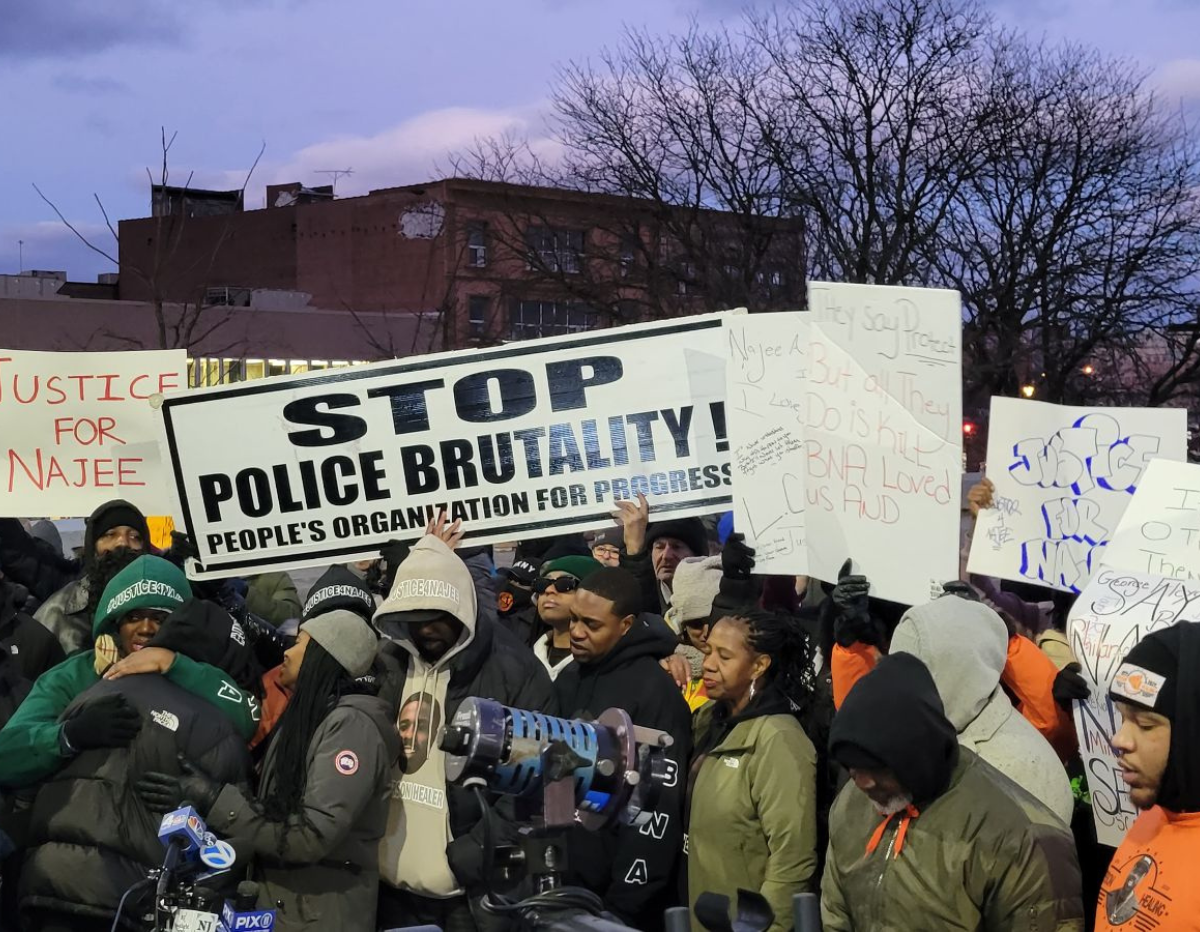
About six weeks ago, Najee Seabrooks sent out a call for help. He texted his co-workers at the Paterson Healing Collective — an EJUSA partner and ally in the movement to build community safety — that he was in crisis and he needed them. Najee was trained as a healer and a violence interventionist, so he understood how they could help him and guide him through a serious mental health episode.
Before his teammates could reach him, the Paterson Police Department arrived. They were armed when they entered the apartment where Najee had barricaded himself. They refused to let members of the Collective talk to Najee, instead sending in a negotiator.
Najee didn’t need to negotiate. He needed healing, he needed a friend, he needed someone trained to support mental health. He needed his Paterson Healing Collective family.
The police only had weapons. And after several hours, the crisis escalated and two officers fired their guns, killing Najee.
The days that followed were agonizing. Our allies at the Collective were in deep, desperate pain after losing their brother.
A few days after his murder, the Collective gathered its community members and its grassroots partners for a protest and march. I knew I needed to be there so I took a train north from Maryland.
I went first to the Collective’s offices just down the street from Paterson’s city hall. I felt a powerful heaviness when I walked in. The staff hadn’t had time to even process their grief. And yet, there they were. Najee’s death compelled them to act.
Despite frigid temperatures, the community showed up strong. Allies from across the state and beyond showed up to support. And I was proud to see EJUSA’s Will Simpson and Zayid Muhammad take leadership roles in the protest.
One moment in particular stays with me. Liza Chowdury, the founder of the Paterson Healing Collective, was speaking and, of course, she struggled. Within seconds, Will, Zayid, and several members of the Collective surrounded her to support her in that raw moment.
In real time, I saw the EJUSA difference. It isn’t always about what we do as much as how we do it. We build trust, we build relationships, and we put our partners and communities first.
I also want to lift up Liza, the huge challenge she faces right now as she tries to heal from this pain and lead her team and demand accountability from the Paterson Police Department. She is not alone in trying to hold a demanding job while processing violence and harm every day in her community. I see Ruth Rollins in Boston and Sateria Tate in Baton Rouge and Michelle Smith in St. Louis, all of them heroic but also, we can’t forget, deeply human.
This work is so hard. We must support these women, who make history by changing the lives of the community around them, and we must resource their impactful work. They have brought transformation to their respective communities. And as recent events, including Najee’s murder, always remind us, the road ahead is wide with room for us all.



